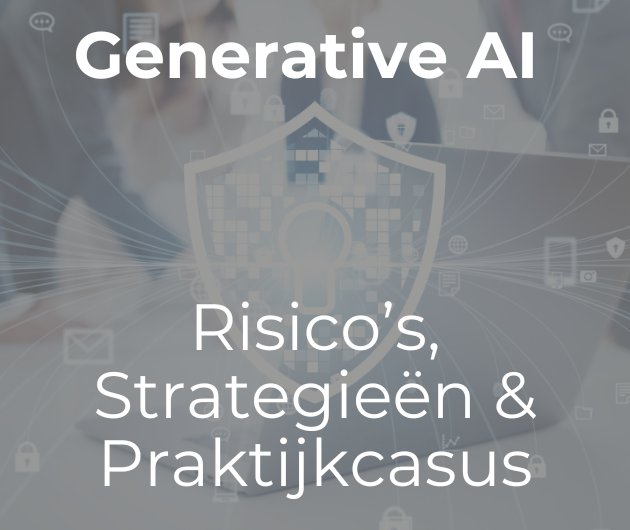Microsoft has dominated the market for desktop and stand alone PCs. They have also gained a considerable presence in the market for departmental servers. Now they are turning their greedy eye towards the large scale data centre while also targeting the other end of the market for mobile devices and games machines. Unfortunately while this is good news for Microsoft share holders, it isn’t so good for the users of these products.
To expose the potential problem I have personally upgraded from Windows 98 to Windows XP, and it is a vast improvement; in fact XP is as good as OS/2! My point however is that OS/2 was available 10 years ago; it has taken Microsoft that long to catch up with a product that was there to copy. There are other factors why XP has succeeded where OS/2 was only moderately successful, the prime one being the concurrent development of hardware, which was too expensive in the OS/2 era for it to make a large scale breakthrough, but above all it is simply Microsoft’s awesome marketing skills that dominate.
I have no experience with games machines but I have with hardwired devices and the Microsoft offerings are typically mundane. Here they have struggled and the leading mobile devices are based on other software. Equally the departmental server market has not proved as easy a ride for Windows and now it would be a foolish organisation that was not preparing to replace Windows on Intel servers with Linux, Apache, etc. in the near future.
No wonder then that Microsoft would like a toehold in the large scale data centre market, one dominated by IBM, Hewlett-Packard and Sun. If they can gain such an inroad then this would help persuade users not to abandon Windows at the department level, so expect some very attractively priced offerings in the first instance. We shouldn’t need reminding however that Windows software was once reasonably priced; the current extortion only came into being when market dominance was achieved.
The key to Microsoft being able to make an appearance in the data centre market is tied to a number of technological developments. The key ones are (i) the ever improving cost/ performance ratio of hardware (ii) more flexible storage subsystems (ii) clustering techniques and (iv) better communication networks. All this technology is available to IBM, et al, but also hardware manufactures such as Dell, H-P/Compaq, Unisys, etc. can give thought to expanding their markets upward. To do this they need the software, which is where Microsoft comes in. Fortunately for the users there is some very real competition. This time the time scales are against Microsoft. There is far too big a body of influential people, both technical and financial managers, who do not want to be caught in a monopoly trap again.
What then are the alternative developments that will take advantage of the amazing technology? Well IBM, Sun, etc. have a lot more to offer in large scale systems and they will continue to progress. But the most likely long term development (in parallel with H-P, etc., rather than a replacement) is centred on OSS and Linux. Linux suffers the same disadvantages of lack of track record that haunts Windows, but the antagonism is not there. It is unlikely that Linux and clustered Intel-based servers will penetrate the market for big mainframes, but they will for big single purpose servers such as e-mail, Web and data warehouse engines.
It is too strong to say that Microsoft in the data centre will be a disaster, but it certainly will be a mistake, a big one.< BR>
Martin Healey, pioneer development Intel-based computers en c/s-architecture. Director of a number of IT specialist companies and an Emeritus Professor of the University of Wales.








